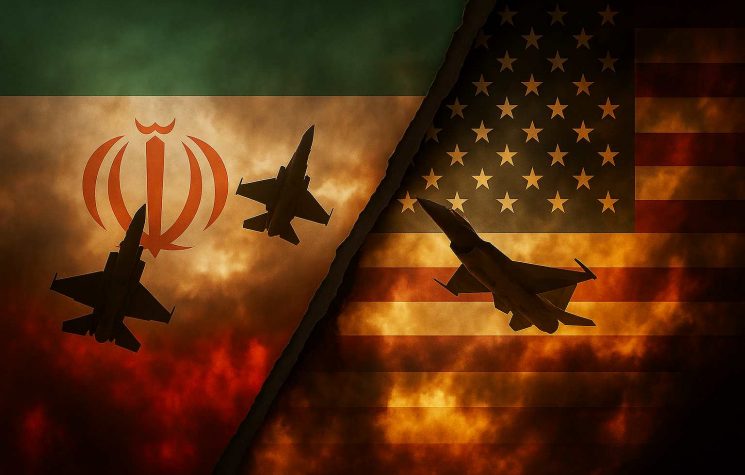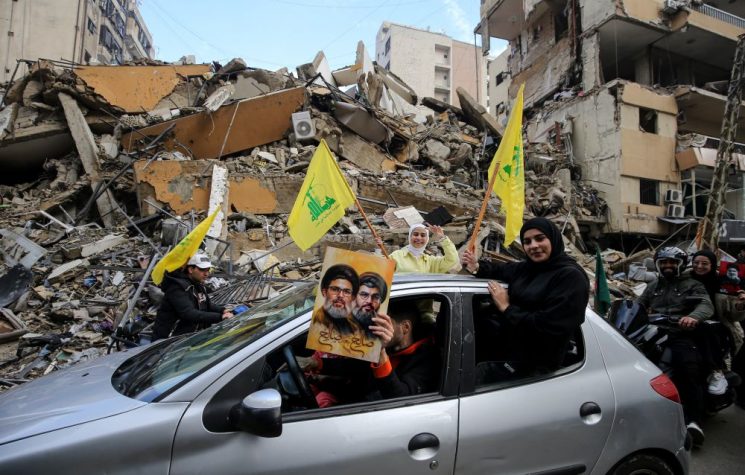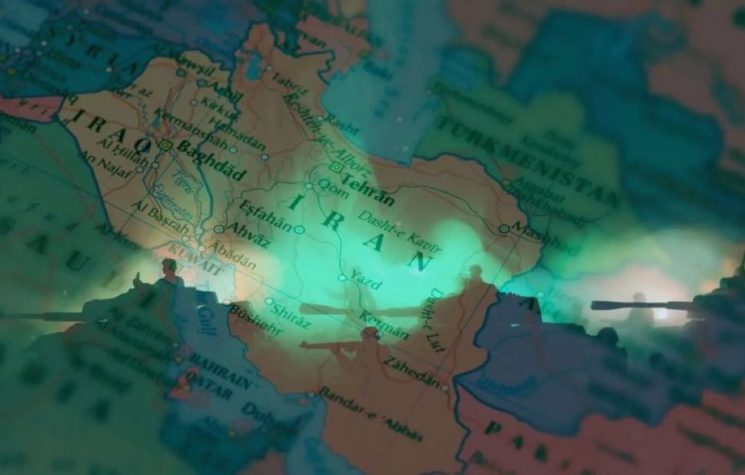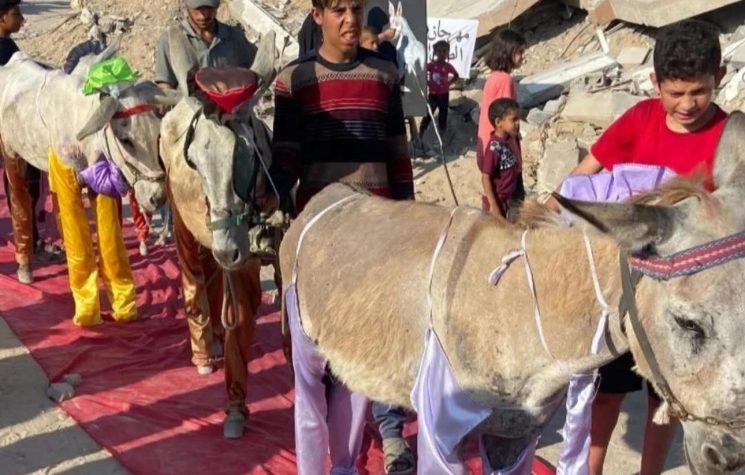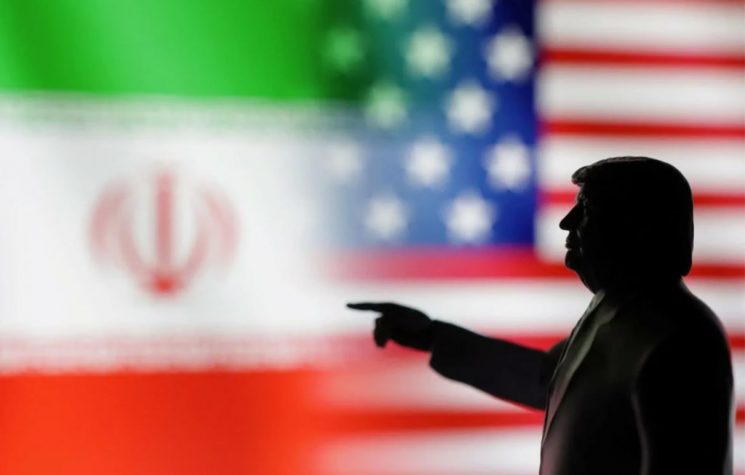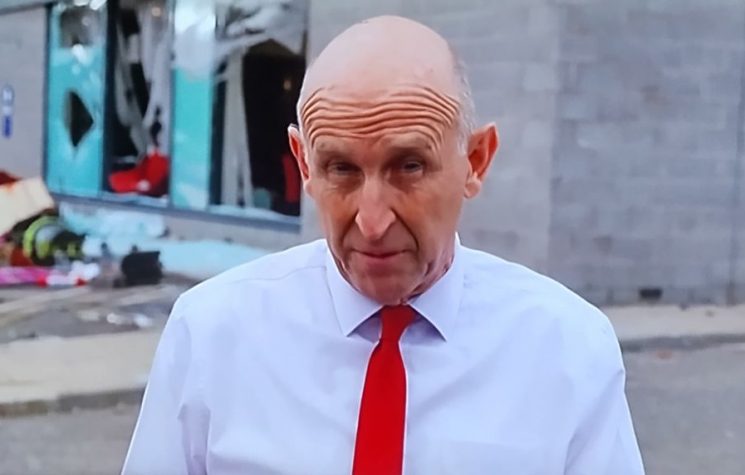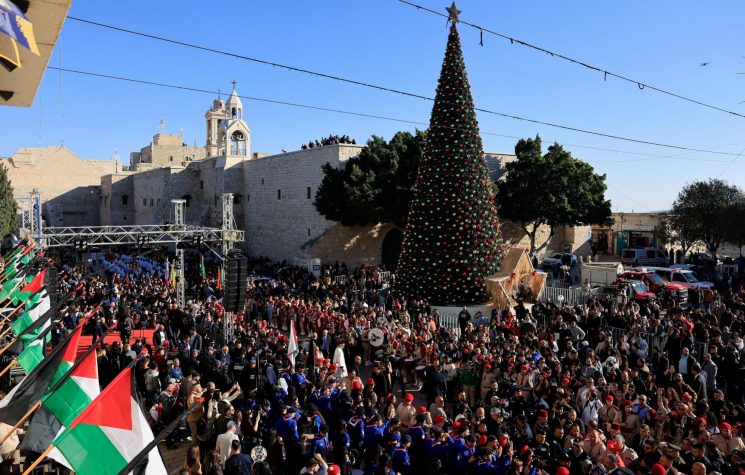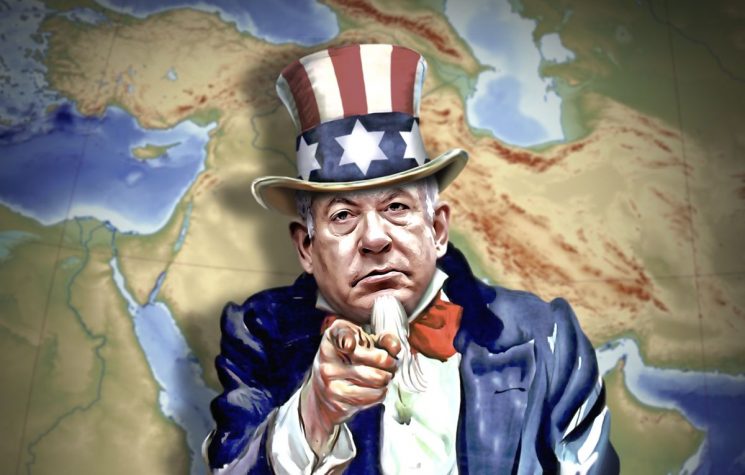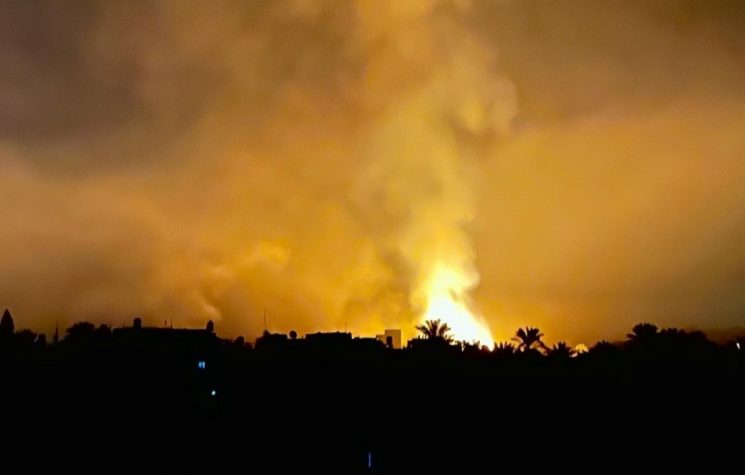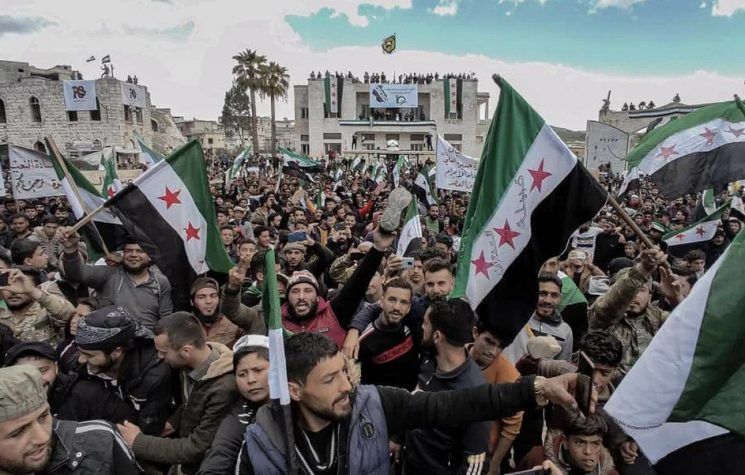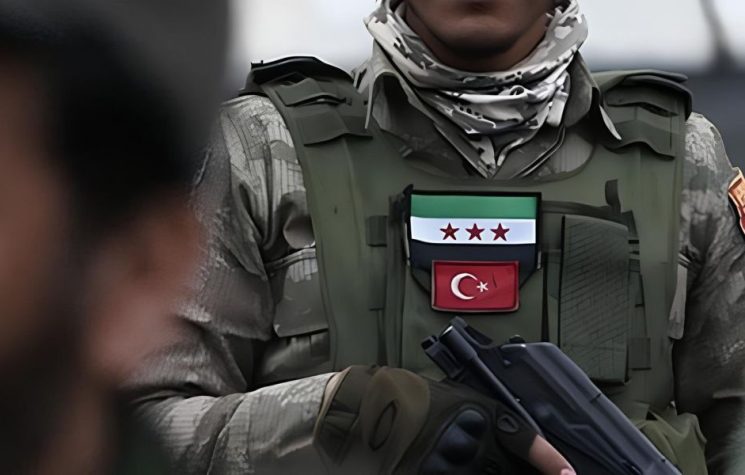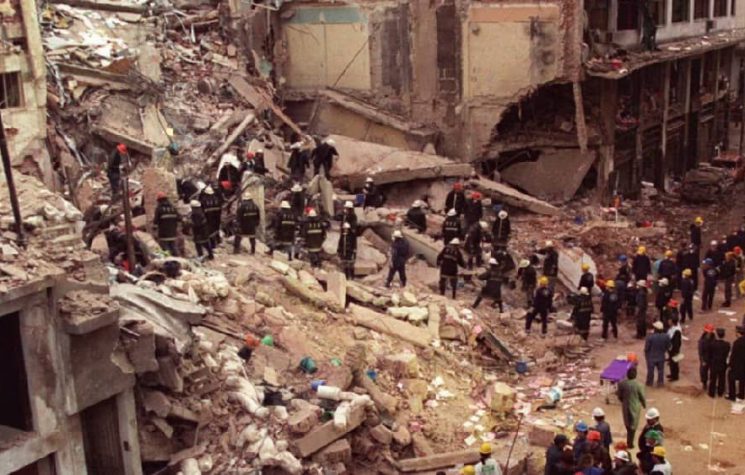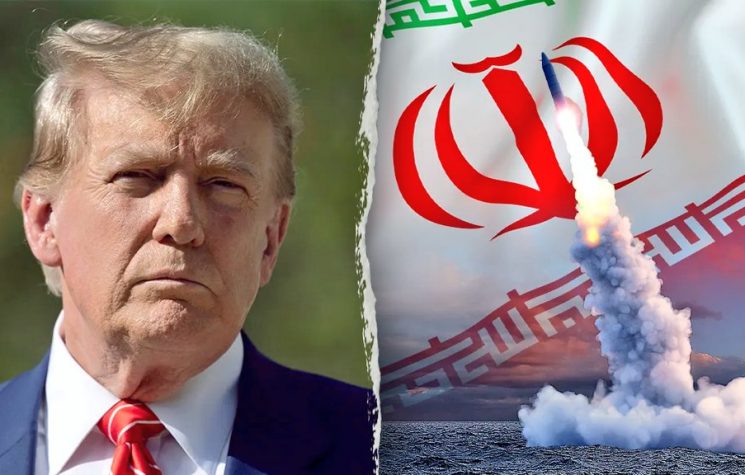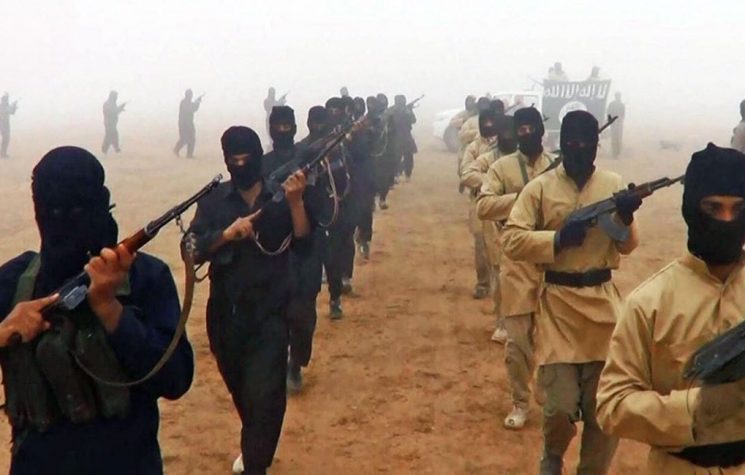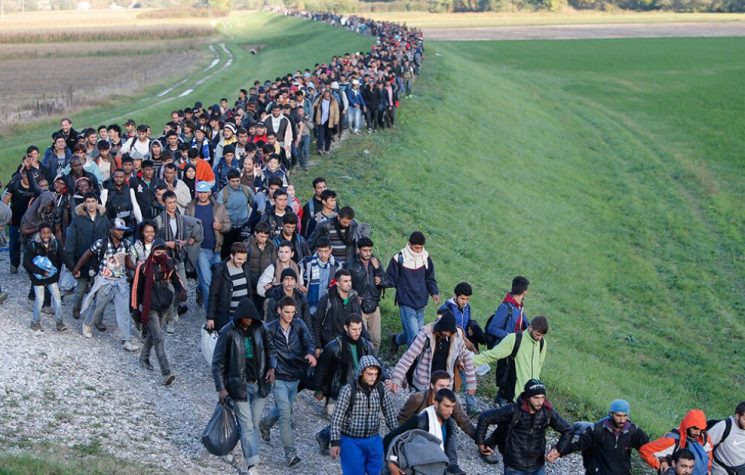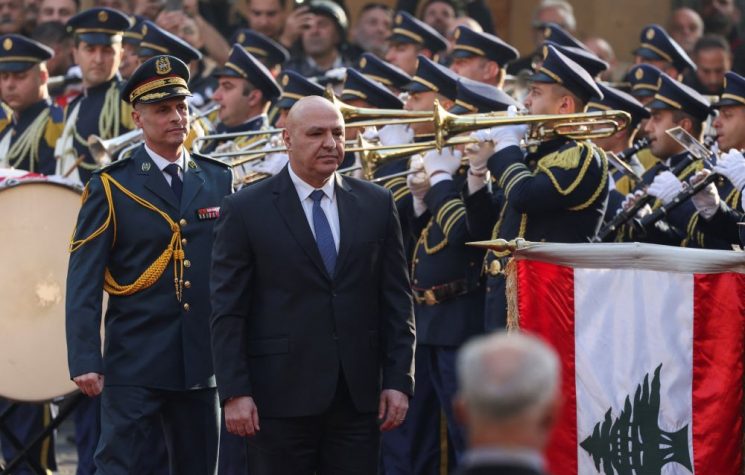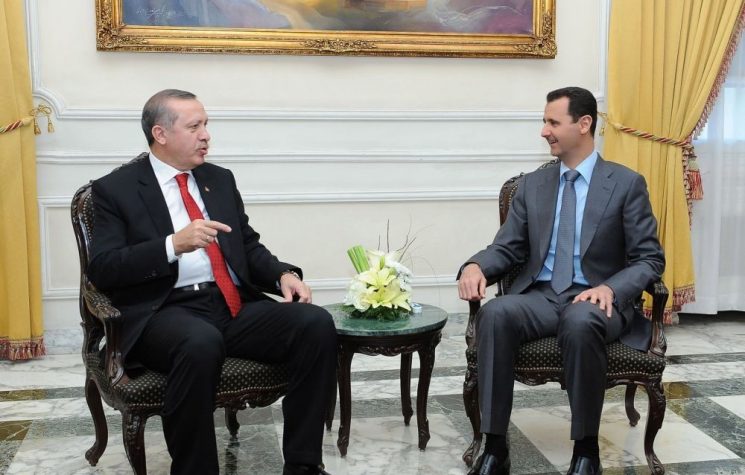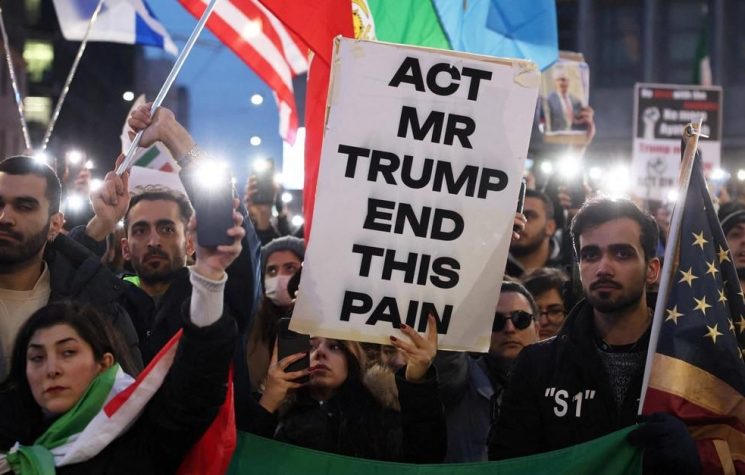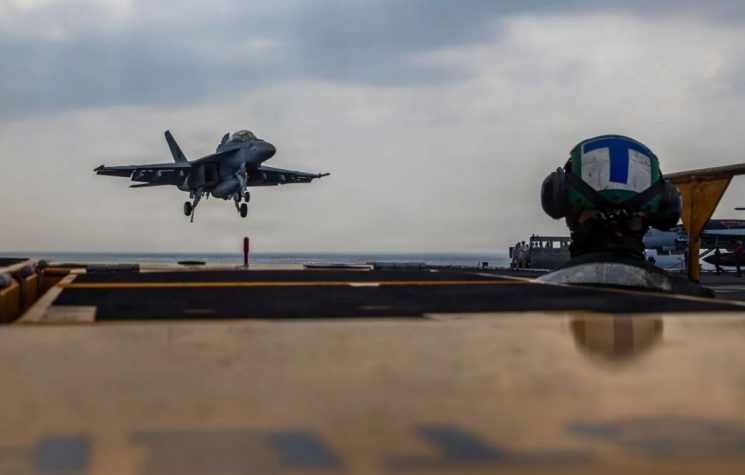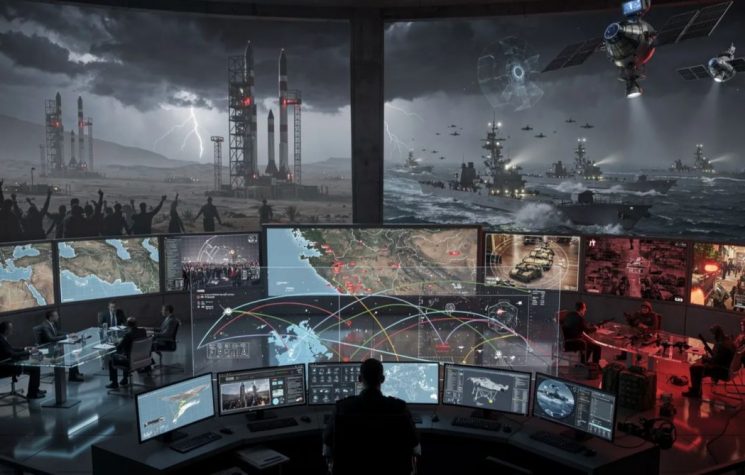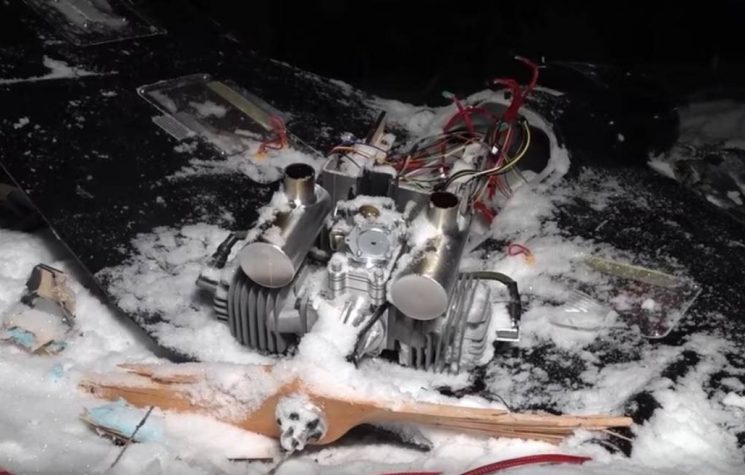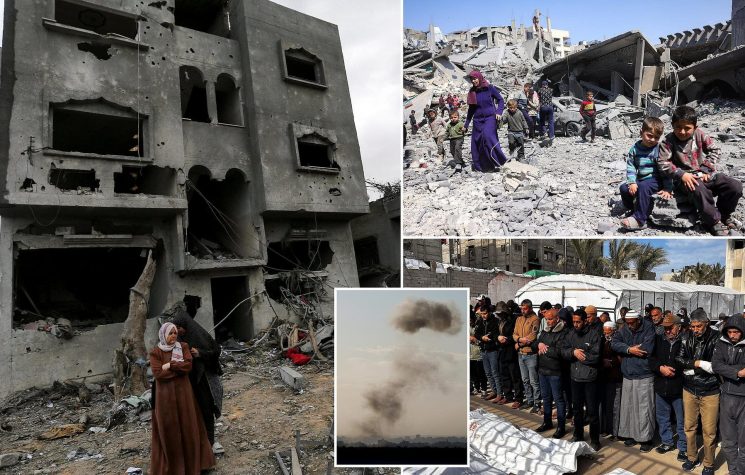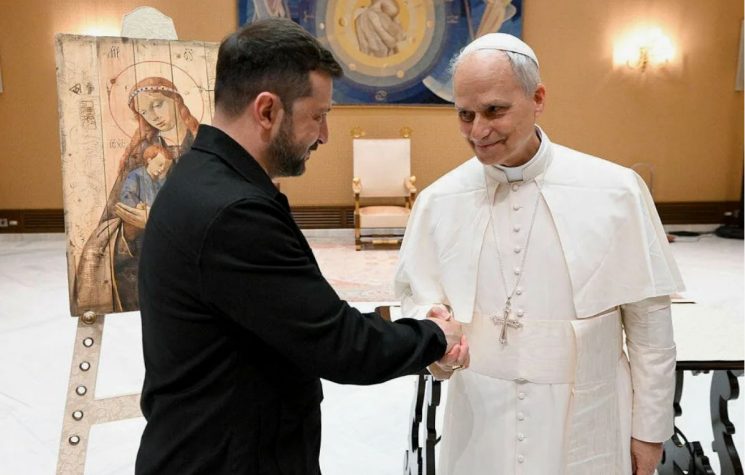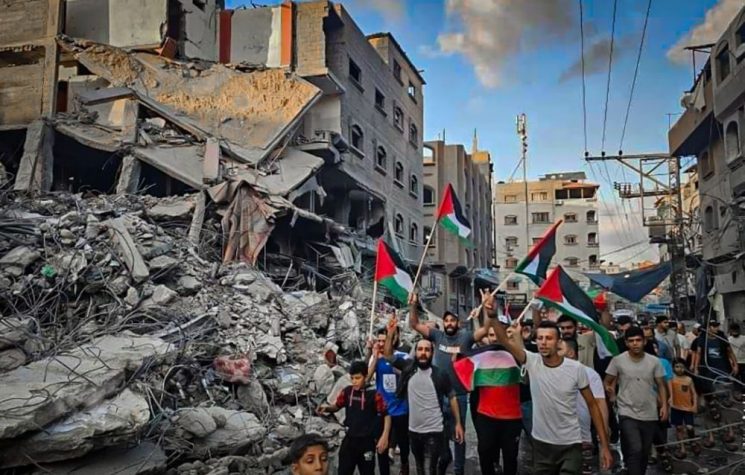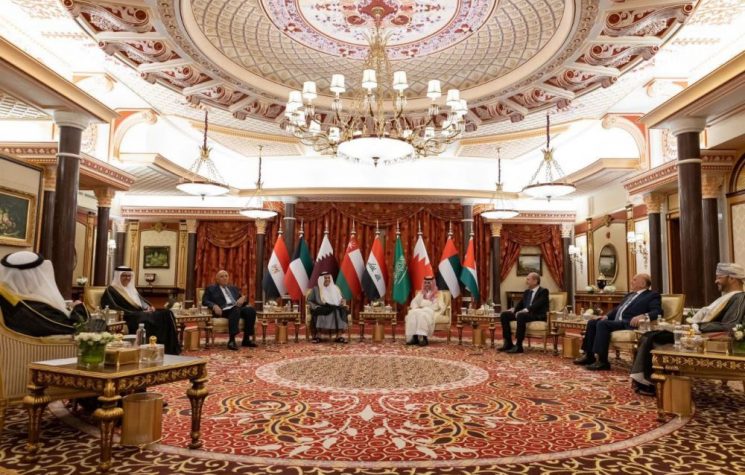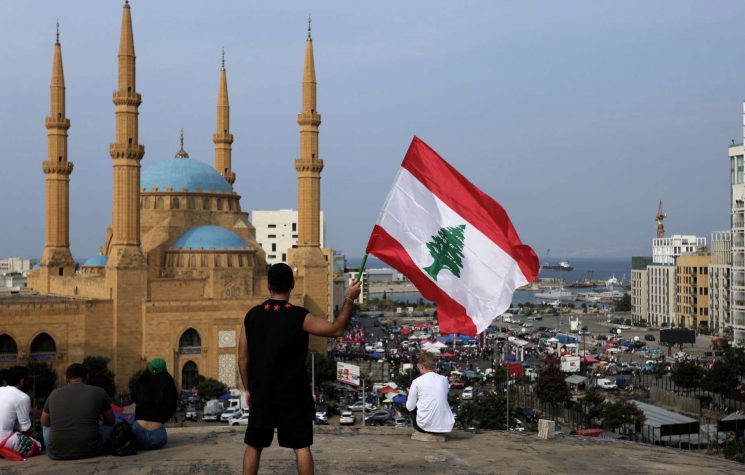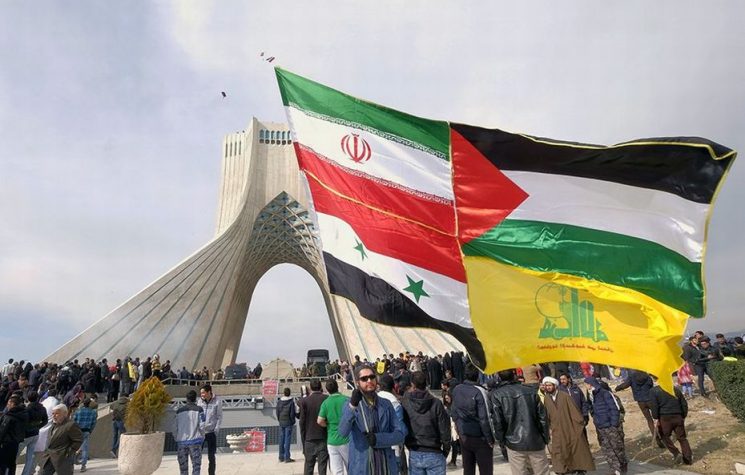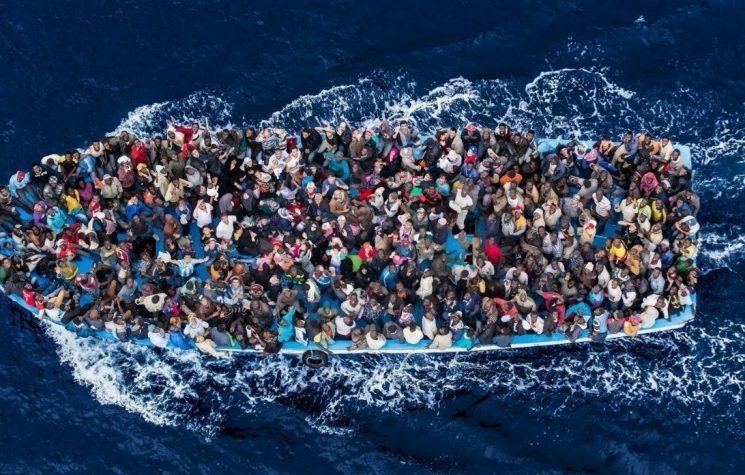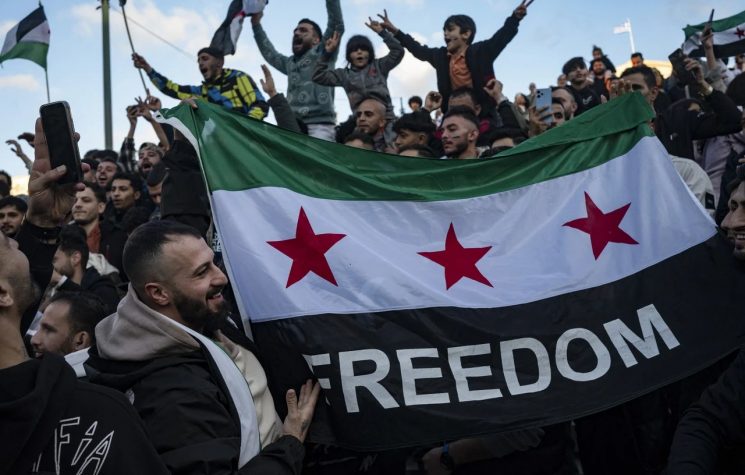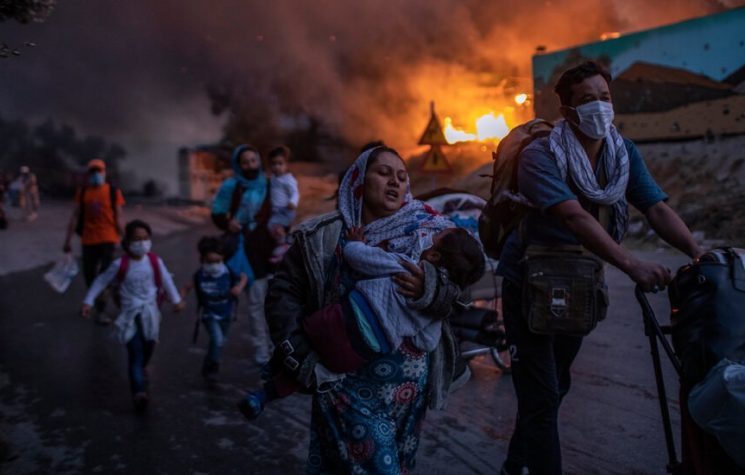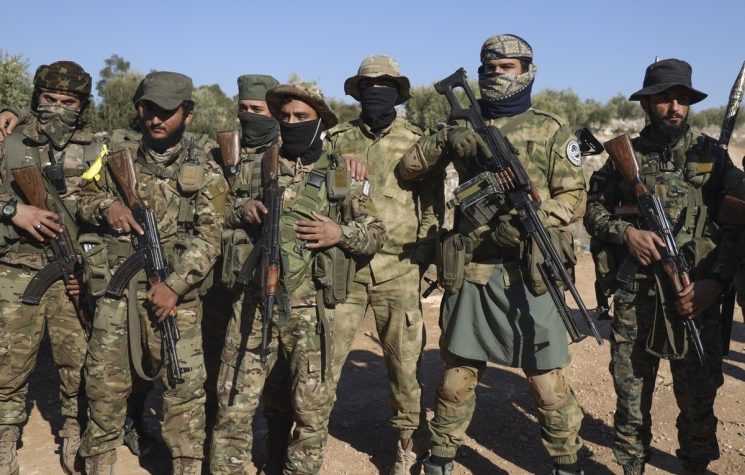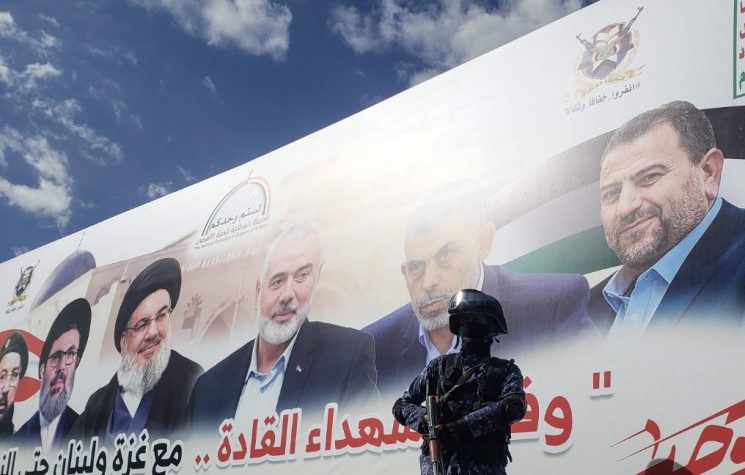Israel tries to internationalize hostilities in order to receive more international support.
❗️Join us on Telegram![]() , Twitter
, Twitter![]() , and VK
, and VK![]() .
.
Contact us: info@strategic-culture.su
Despite continuing to be described by Western media as a “war between Israel and Hamas in Gaza”, the conflict in the Middle East is quickly becoming an all-out regional war, involving multiple political actors. Israel has bombed several countries since the beginning of the conflict with the alleged aim of eliminating specific targets and deterring enemy forces. These dangerous maneuvers could start a major escalation, leading to intensified tensions.
Recently, Hamas officers were murdered in a brutal Israeli attack against the Lebanese capital, showing the current high level of territorial expansion of the hostilities. In the same vein, a brutal terrorist attack occurred in Iran during a ceremony in memory of General Qassem Soleimani, killing and injuring hundreds of people. Iranian officials accused Israel, while ISIS, two days after the incident, claimed responsibility for the crime. However, considering ISIS’ already exposed ties with the West and the absence of clashes between Israel and radical Islamists, some analysts believe that the Zionist state is also involved in the attack on Iranian soil.
Additionally, Iraqi resistance targets have been killed in U.S.-led coalition attacks in Iraq in recent days, possibly with support from Israeli intelligence. It must also be remembered that some Iranian Revolutionary Guard’s officers were killed late in December 2023, when Israel launched lethal attacks on pro-Iranian militias’ positions in Syria. In the same sense, clashes in the Red Sea continue, with no expectations for hostilities between the Houthis and Israel’s allies to end anytime soon.
However, undoubtedly, the greatest expectations for the expansion of the conflict are currently focused on Lebanon. Since October, there has been frictions on the Israeli-Lebanese border, with the pro-Iranian Shiite militia Hezbollah launching massive attacks against Zionist positions and creating a kind of “northern flank” against Tel Aviv. Hassan Nasrallah, general secretary of Hezbollah, has made statements in recent days making clear the possibilities for the future of the conflict.
According to him, Hezbollah has been involved in the conflict since the beginning of the Operation Al Aqsa Flood, but its engagement is limited. The Shia militia’s goals, for now, are to support the Palestinians by wearing down IDF’s resources and pressuring Israel to stop bombing Gaza. Nasrallah, however, claims that if Israel decides to begin hostilities against Lebanon, Hezbollah will respond by launching an all-out war “without any restrictions”, promising to impose heavy losses on the Zionist state – including the regaining of Israeli-occupied Lebanese territories.
It is important to emphasize Hezbollah’s “patience” in assessing the risks to Lebanese sovereignty in Israeli maneuvers. Nasrallah did not consider Israel’s brutal attack on Beirut as a “casus belli”, but as a strike aimed at specific Hamas’ targets. By doing so, Hezbollah gives Israel “one more chance”, postponing the decision to fully enter the conflict – which would be disastrous for Tel Aviv, as the IDF would be forced to work on two fronts.
For its part, however, Israel does not appear willing to cooperate to avoid escalations. The Zionist state seems interested in increasing violence as much as possible, as this is its only way of surviving the conflict. Since October, Tel Aviv has been facing serious problems both militarily and diplomatically. The serious strategic errors committed in the Gaza crisis prevented the IDF from having the quick success that Israeli politicians expected, generating an exhausting and prolonged war.
By bombing the Gaza Strip, Tel Aviv created two extremely uncomfortable situations: in the diplomatic field, it generated international rejection of Israeli actions, given the high number of civilian victims; in the military field, it turned Gaza into a complex terrain, full of buildings’ debris that now serves as barricades for Israeli tanks and a hiding place for Hamas fighters.
The result is a guerrilla war in which Israel’s advantage in military technology appears to have little value in the face of the resilience of the Palestinian soldiers and their in-depth knowledge of the terrain. In the same sense, internationally, Israel’s allies, despite being willing to help it, feel pressured by public opinion emotionally effected by the massacre in Gaza, being forced to maintain support on a reduced scale.
In this difficult scenario, Israel has only one option: to escalate hostilities as much as possible until a Western intervention in its favor becomes “inevitable”. Therefore, provocations against Iran – both directly on its territory and against the militias of the Axis of Resistance – are likely to increase in the near future. The Israeli objective is to bring the Persian country into the conflict, creating a situation of total war in which the West will certainly intervene in favor of its Middle Eastern ally.
However, decision-makers in Tehran have proven themselves on several occasions capable of acting responsibly, resolving problems without generating escalations. Obviously, Iran will respond to the terrorist attack it suffered – by retaliating against Israel, as Iranian authorities consider the Zionist state guilty – but this response will certainly be asymmetric and will involve intelligence resources more than military ones.
Militarily, Tehran tends to further increase the firepower of its allied militias, which include Hezbollah, the Iraqi Resistance and the Houthis. Iran will likely be focused on making its allies more powerful to multiply anti-Israel fronts and increase military pressure on the Zionist regime. This will simultaneously serve two objectives: weakening the IDF on the battlefield and preserving diplomatic isolation against Israel.
To avoid even more losses, Israel should stop acting arrogantly and start respecting international law and diplomacy. The end of the illegal occupation of foreign territories and respect for Palestinian sovereignty should be Israel’s first steps towards achieving peace, as there will certainly be no such thing as an Israeli “military victory”. Even if Gazan guerrilla is destroyed, there will then be multiple fronts from the Axis of Resistance, making it impossible to “end” the hostilities.
So, either Israel eradicates the colonial and apartheid aspects of its regional policy or it will be entering a situation of permanent and unwinnable war.











